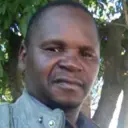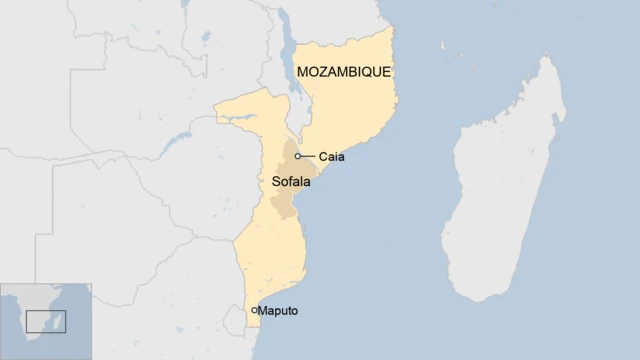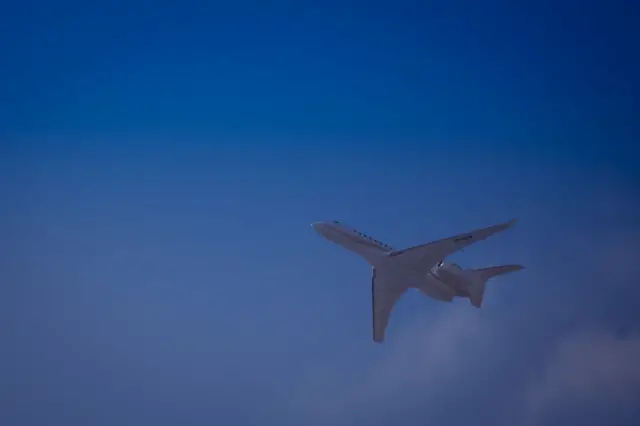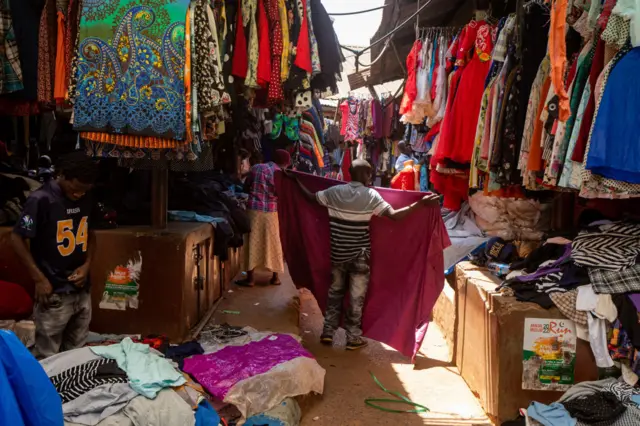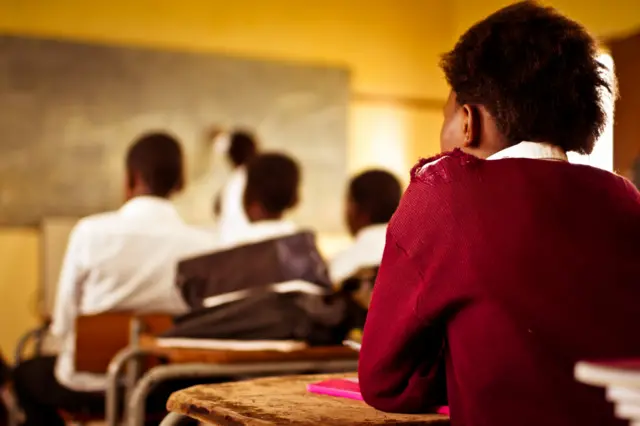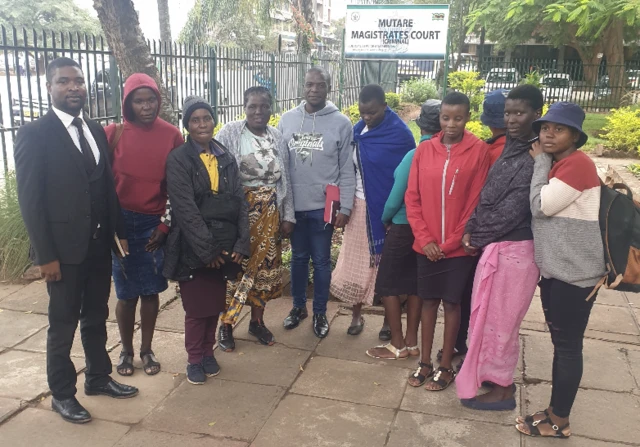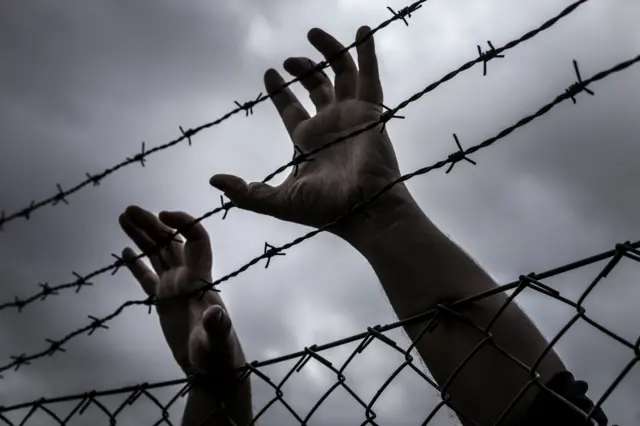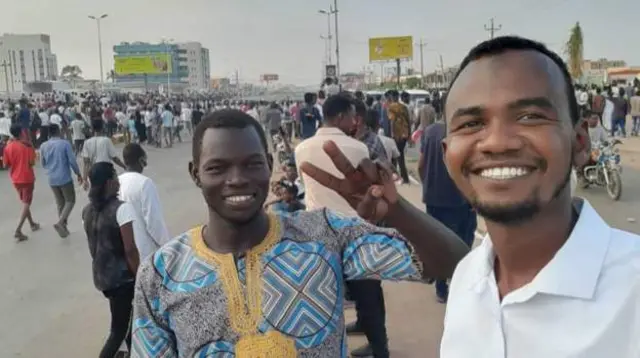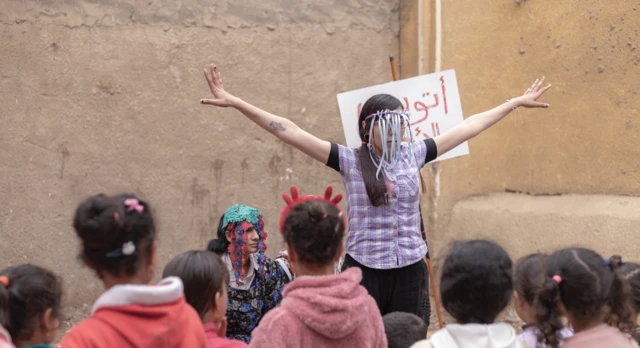Starlink to cut off internet in South Africa - reportspublished at 14:19 BST 16 April 2024
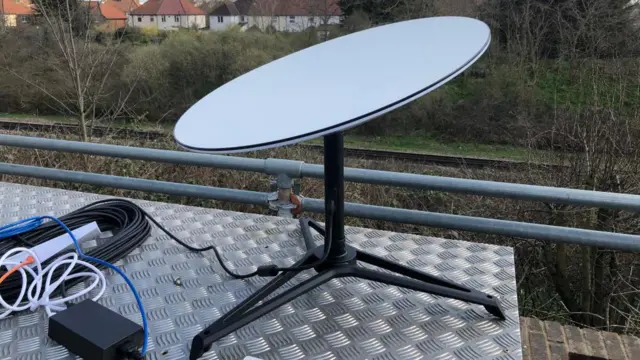
Starlink has hit regulatory hurdles in some African countries
Elon Musk's Starlink satellite internet service is set to stop operating in South Africa, local media report.
The company has notified its South African users that they will not be able to access the internet from the end of the month as Starlink is not registered there, privately owned News 24 website reported, external.
The announcement comes days after Starlink notified its users in Zimbabwe that it would disable services, external there following a directive by the communications regulator, as it was not authorised to operate in the country.
Starlink also reportedly cut off services in the Democratic Republic of Congo last month at the prompting of the country's regulators.
It has also been banned in Botswana, after local authorities rejected its application for a licence.
Although costly, some Africans have opted to install Starlink as it provides a more reliable internet connection compared to many local alternatives, especially in remote rural areas.
